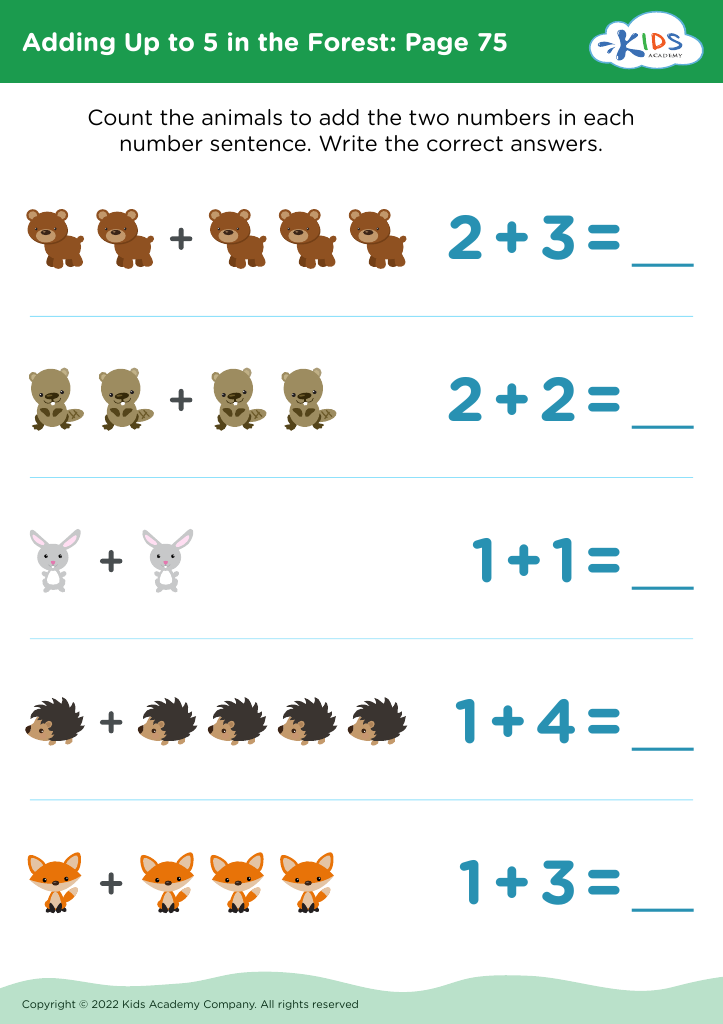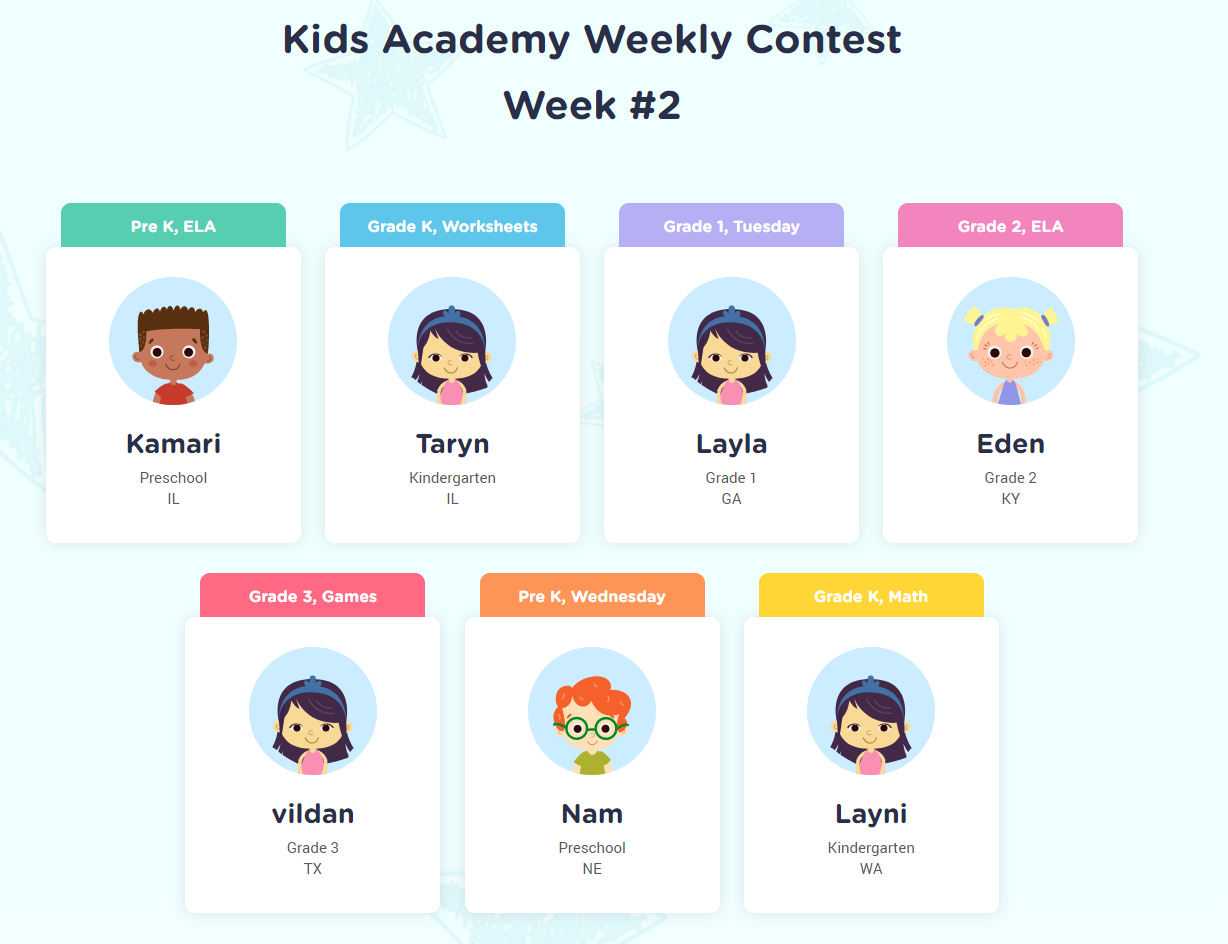Basic math practice Math Worksheets for Ages 5-7
8 filtered results
-
From - To
Discover a world of engaging Basic Math Practice Worksheets designed specifically for children aged 5-7! Our collection features fun and interactive activities that help young learners grasp essential math concepts such as addition, subtraction, and number recognition. Each worksheet is tailored to support different learning styles, ensuring that every child can build a strong math foundation. With colorful illustrations and easy-to-follow instructions, kids will enjoy practicing their skills while enhancing their critical thinking abilities. Perfect for home or classroom use, these worksheets make math an enjoyable adventure, paving the way for confident learners! Start nurturing math proficiency today!


Sort and Count to the Moon Worksheet
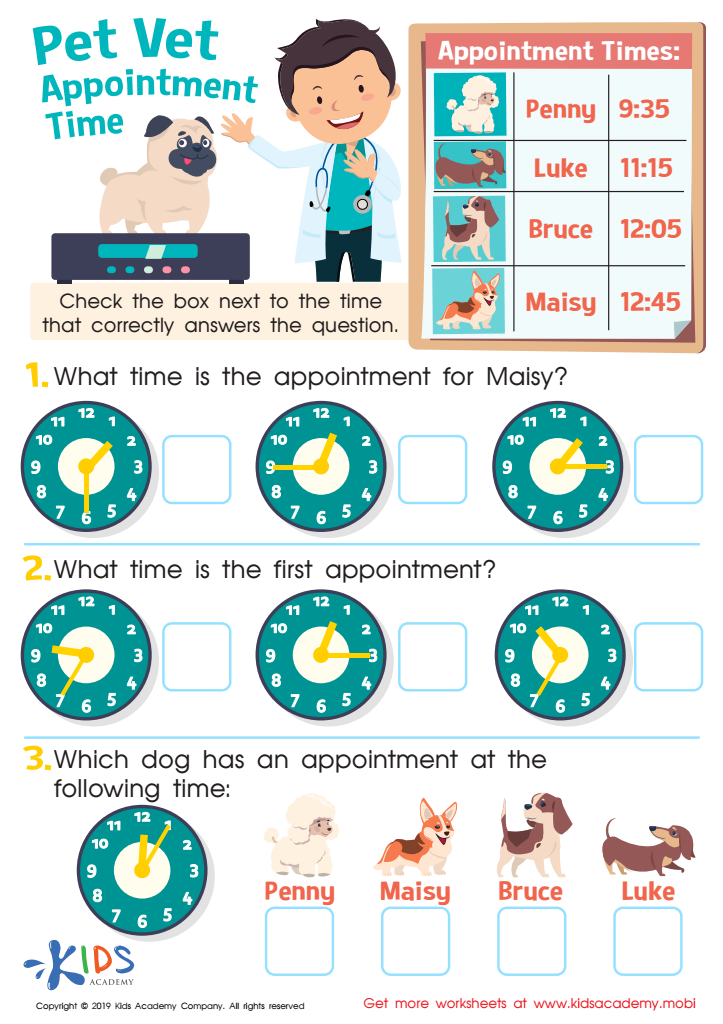

Pet Vet Appointment Time Worksheet
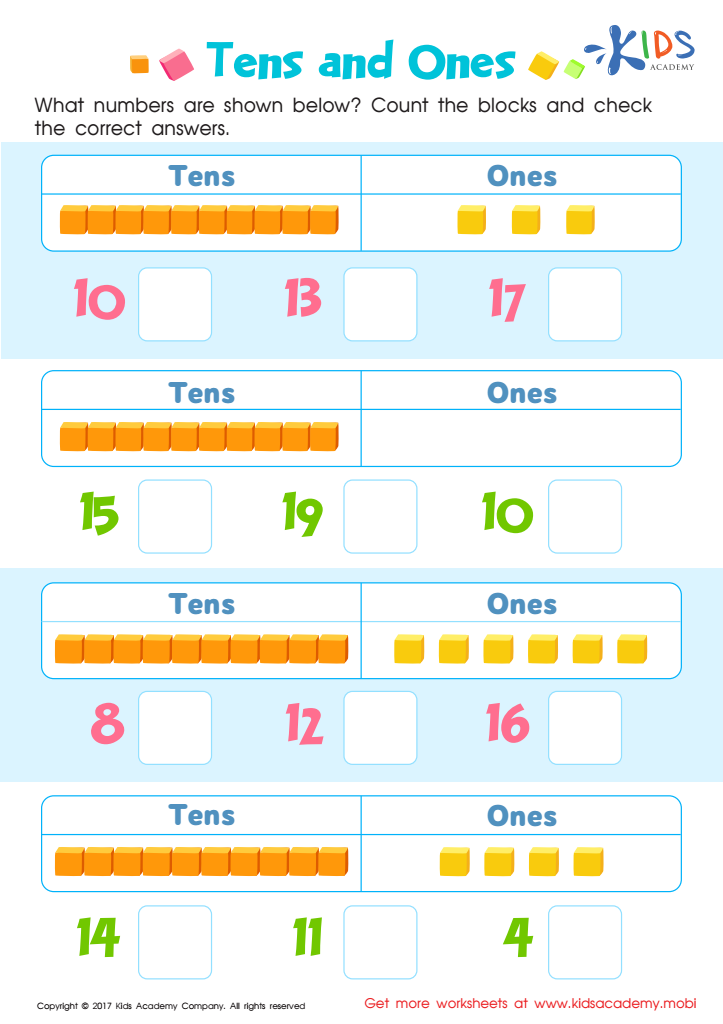

Tens and Ones Worksheet
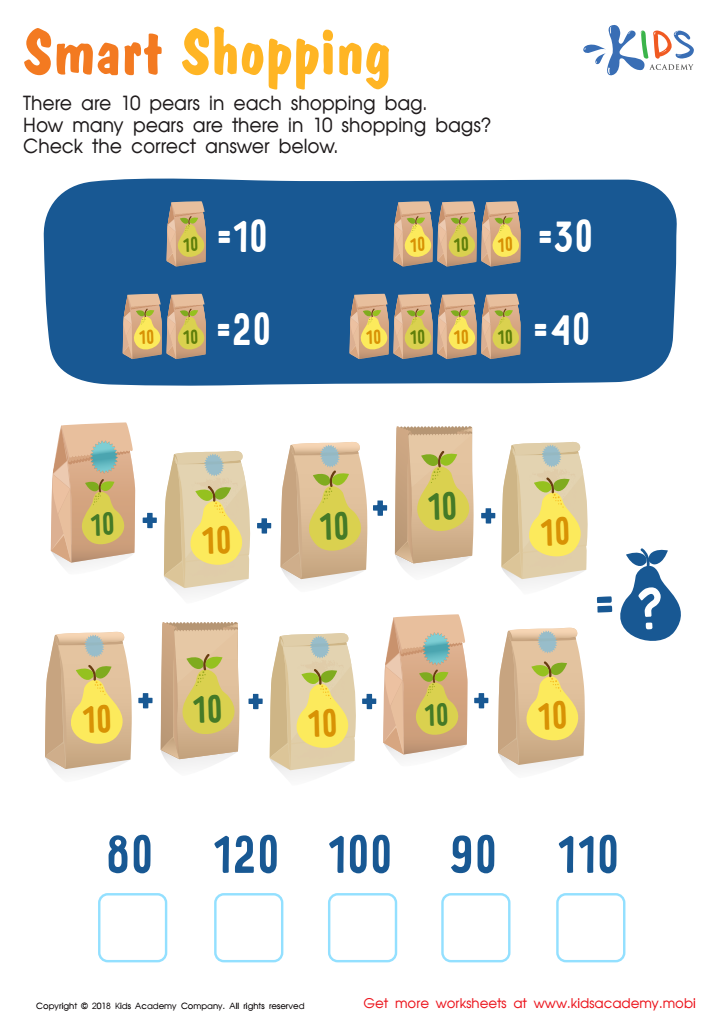

Smart Shopping: Trade Tens for a Hundred Worksheet
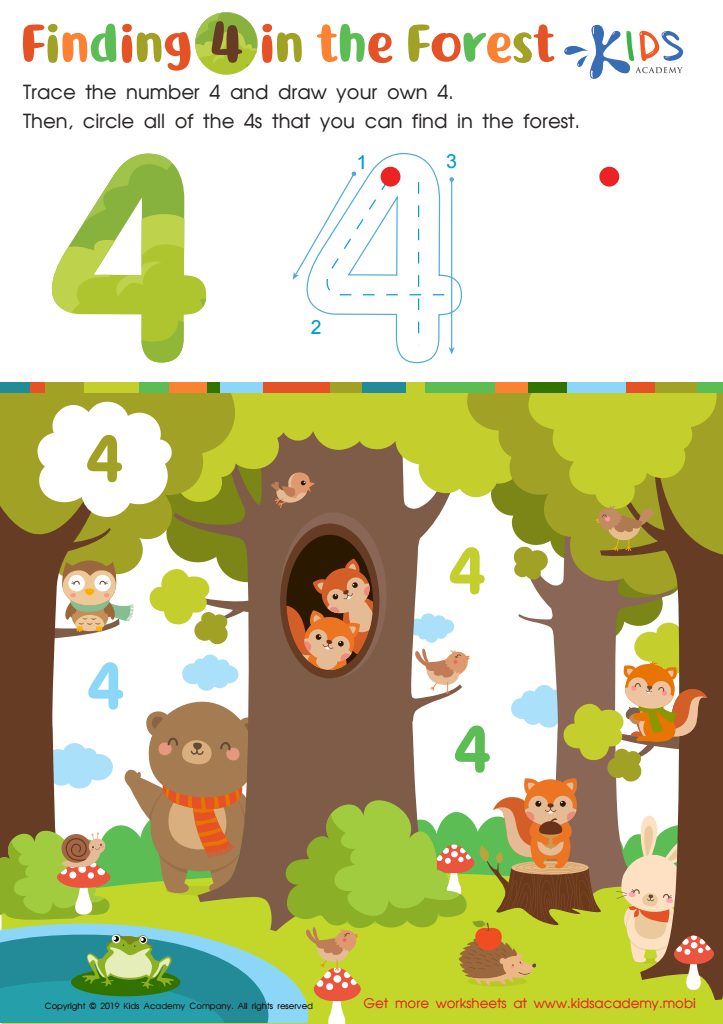

Finding 4 in the Forest Worksheet
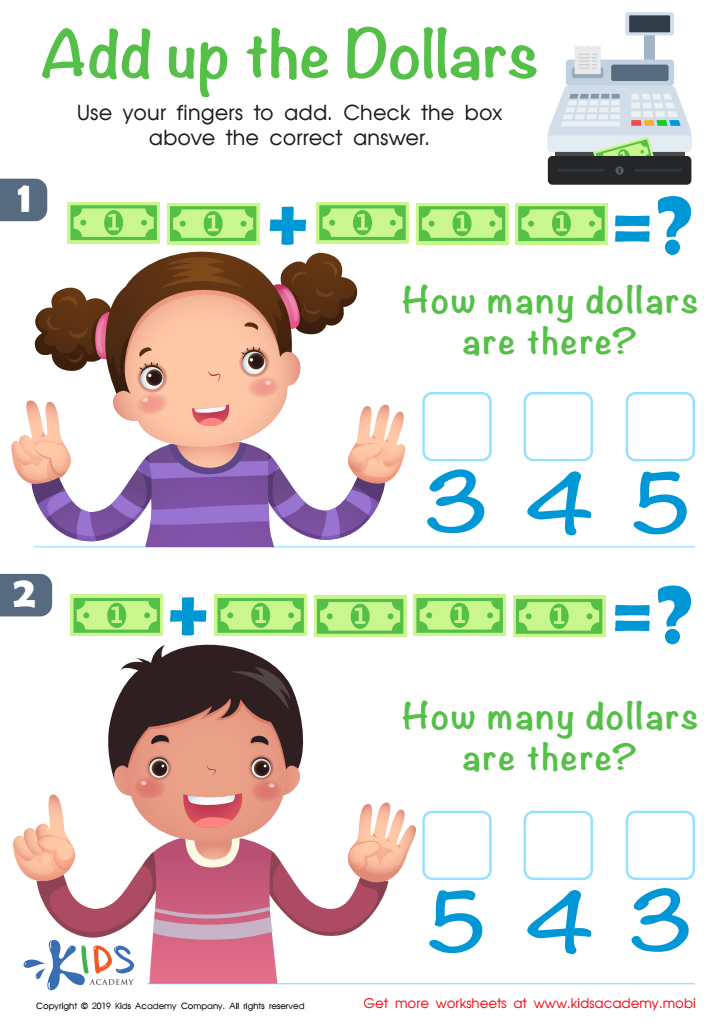

Add up the Dollars Worksheet
Basic math practice for children aged 5-7 is crucial for their early cognitive development and lays a robust foundation for future learning. During these formative years, children are increasingly developing critical thinking skills and beginning to understand abstract concepts. Regular engagement with basic math helps them to develop essential skills such as counting, number recognition, addition, and subtraction.
Math practice also fosters problem-solving abilities and encourages a love for learning. When parents or teachers incorporate fun and interactive math activities, children are more likely to develop a positive attitude towards the subject. This early engagement can boost confidence and reduce anxiety about math as they progress in their education.
Moreover, math skills are essential in everyday life, helping young learners make sense of their surroundings—whether through understanding quantities while cooking, measuring while playing, or budgeting with pocket money.
Incorporating math into daily routines also strengthens parent-child bonds and supports a collaborative learning environment. Ultimately, caring about basic math practice helps to cultivate well-rounded, capable learners ready to tackle more complex challenges in their academic careers and life beyond school.
 Assign to My Students
Assign to My Students


